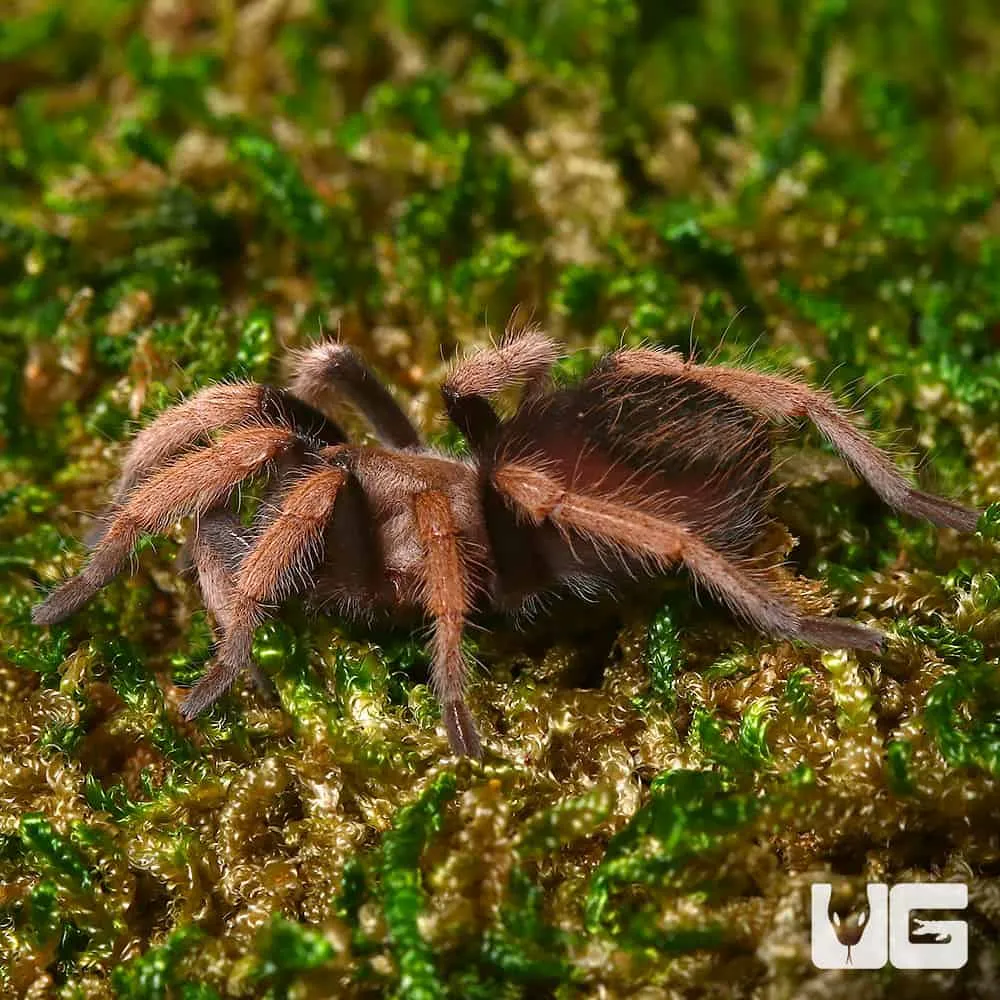What is a Docile Curly Hair Tarantula
The Docile Curly Hair Tarantula (Tliltocatl albopilosus), often sought after by both beginner and experienced tarantula keepers, is a terrestrial tarantula species native to the tropical regions of Central America. Renowned for its relatively calm temperament and striking appearance, the Curly Hair tarantula has become a popular choice. This article delves into the captivating world of this fascinating creature, exploring its origins, characteristics, and the essential care it requires to thrive in captivity. Understanding the needs of this beautiful arachnid is key to ensuring a rewarding experience for any enthusiast.
Origin and Habitat
Native to the tropical dry forests of Costa Rica and Nicaragua, the Curly Hair Tarantula thrives in warm, humid environments. In its natural habitat, it is commonly found in burrows, often under rocks, logs, or near the base of trees. These tarantulas are well-adapted to the local climate, which experiences distinct wet and dry seasons. The ability to burrow provides them with shelter from predators and the fluctuating temperatures of the region. Replicating these environmental conditions is essential when housing them in captivity.
Appearance and Characteristics
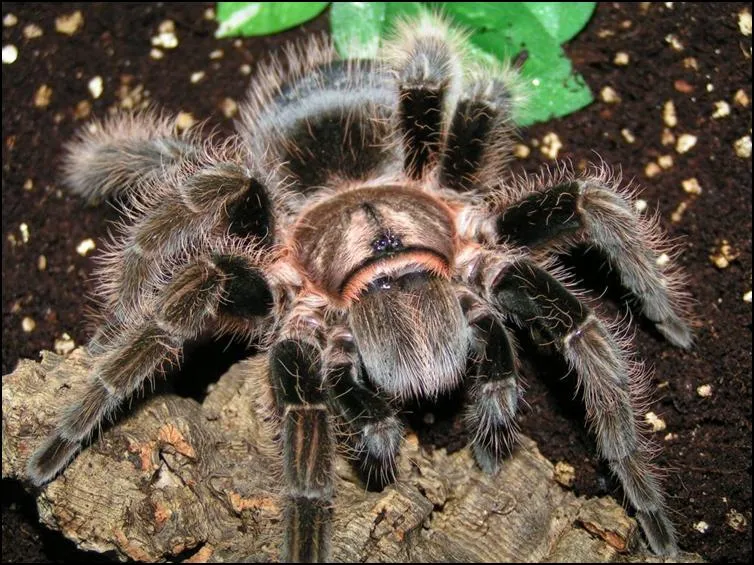
The Curly Hair Tarantula gets its name from the unique, curly hairs that cover its body, which give it a fuzzy appearance. These hairs are typically a chocolate brown color, sometimes with a golden sheen, and the legs are covered in darker hair. They are a medium-sized tarantula, with females reaching up to 6 inches in leg span, while males are generally smaller. They are not the largest tarantula species, which makes them easier to handle and care for. The combination of their appearance and their manageable size makes them a favorite.
Temperament and Docility
One of the primary reasons for the Curly Hair Tarantula’s popularity is its generally docile temperament. While all tarantulas possess venom, they are not typically aggressive. The Curly Hair Tarantula tends to be relatively calm, making it a good choice for those new to tarantula keeping. However, it’s important to remember that each tarantula has its own personality, and individual behavior can vary. Always handle them with care and respect, and avoid any sudden movements that could startle them. They often prefer to retreat to their burrows rather than confront a perceived threat.
5 Fascinating Facts About Docile Curly Hair Tarantulas
Fact 1: Their Gentle Nature
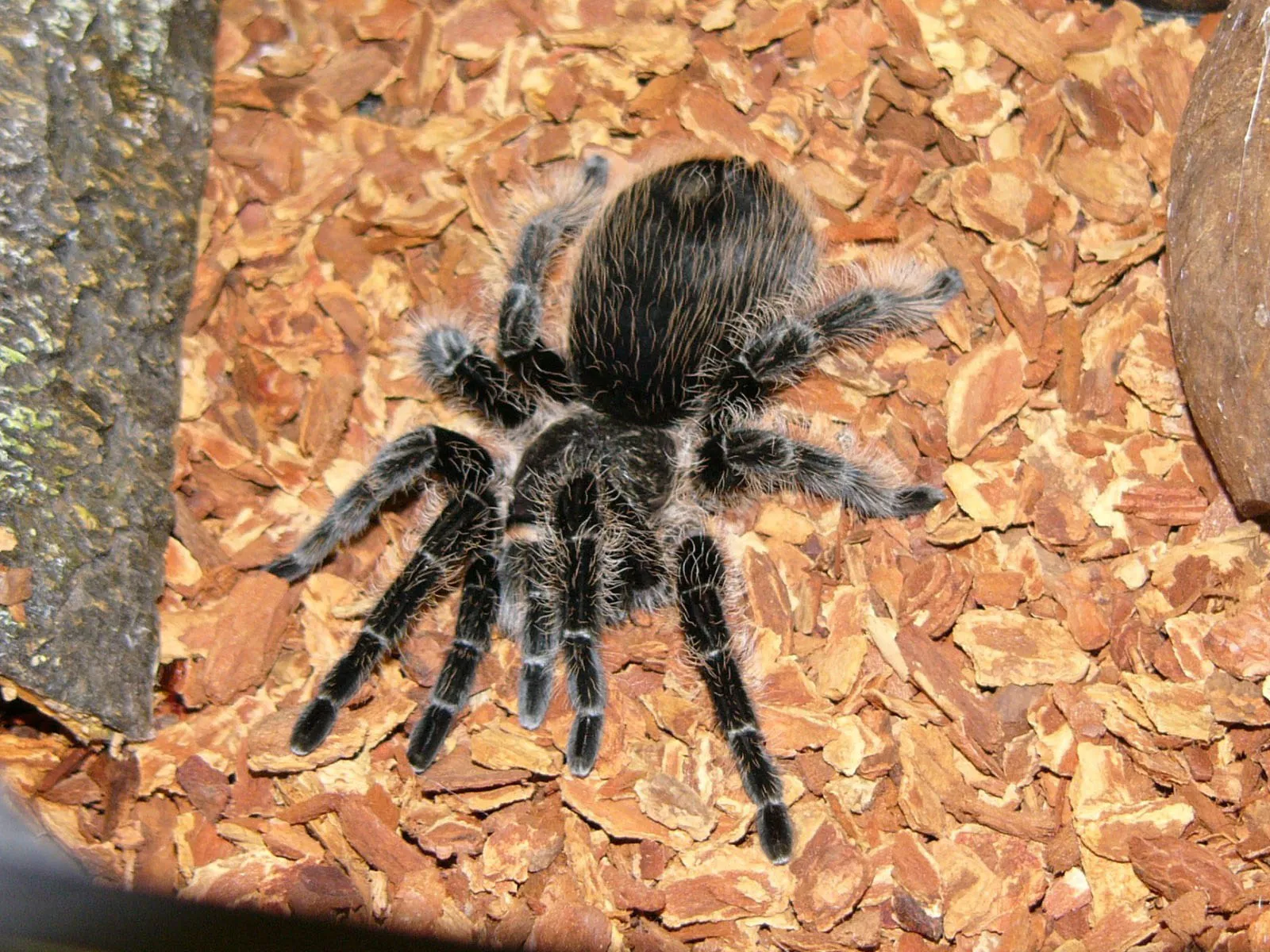
As mentioned, the Curly Hair Tarantula is known for its calm disposition. They are less likely to exhibit defensive behaviors like kicking hairs (urticating hairs) compared to some other species. This, coupled with their generally slow movements, makes them relatively easy to observe and care for. However, it’s essential to handle them with respect and understand that even a docile tarantula can bite if provoked or feels threatened. Always be mindful of their signals and body language.
Fact 2: Excellent Beginner Tarantula
Due to their docile temperament and relatively simple care requirements, Curly Hair Tarantulas are often recommended for beginners. Their adaptability to a range of conditions and their forgiving nature make them less prone to issues that can plague other, more demanding species. This makes them an ideal entry point for individuals interested in tarantula ownership without the complexities involved in caring for some of the more specialist tarantulas. Their resilience in captivity is another favorable aspect for those new to the hobby.
Fact 3: Relatively Low Maintenance
Compared to some other exotic pets, Curly Hair Tarantulas are relatively low-maintenance. Their primary needs revolve around a proper habitat, regular feeding, and consistent access to fresh water. They don’t require daily attention, making them a suitable choice for people with busy schedules. They are not overly sensitive to minor fluctuations in their environment, provided their basic needs are met. This ease of care contributes to their popularity.
Fact 4: Lifespan
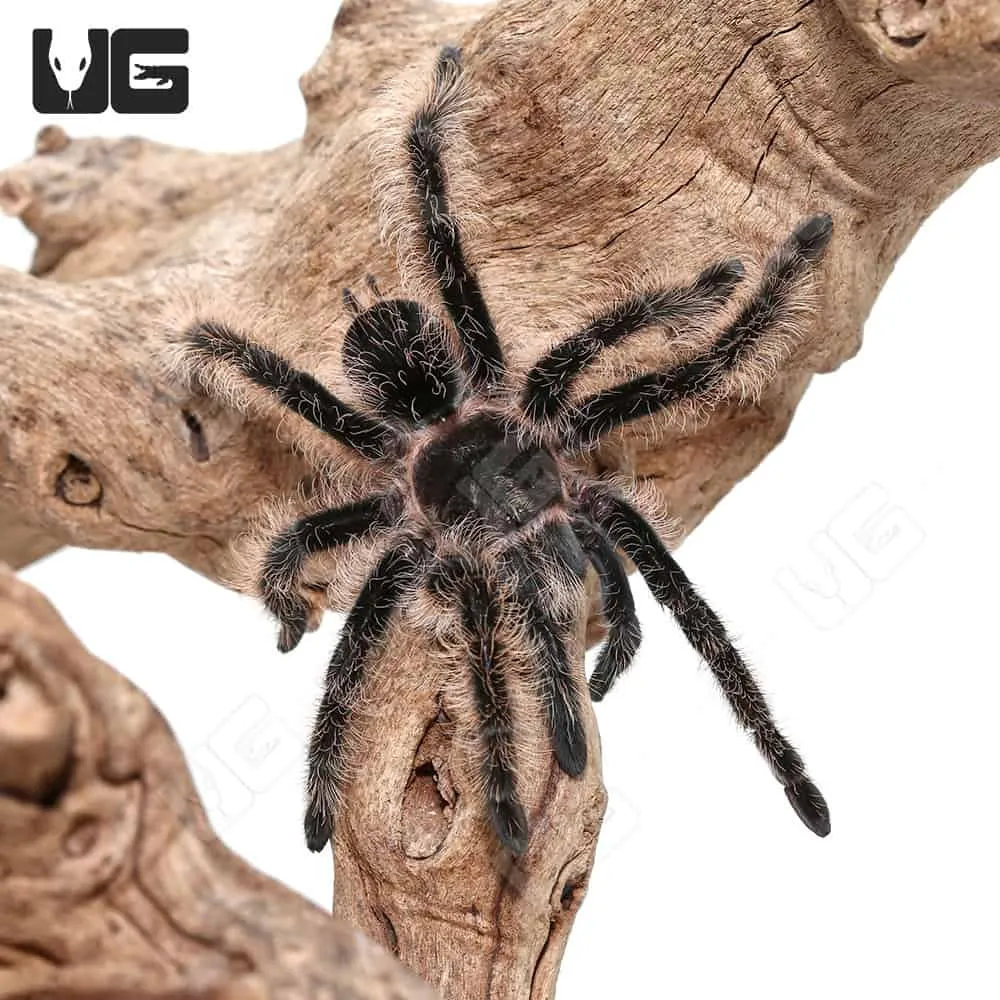
Female Curly Hair Tarantulas can live for an impressive 10 to 12 years, making them a long-term commitment. Males, unfortunately, have a much shorter lifespan, usually only living for a few years after reaching maturity. The longevity of the females is a significant factor for many keepers, as it provides a longer period to observe and enjoy their tarantula. Proper care contributes to a long and healthy life for these spiders.
Fact 5: Their Unique Appearance
The striking appearance of the Curly Hair Tarantula is one of its most appealing features. The combination of the ‘curly’ hairs and the chocolate brown coloration makes them visually distinct from many other tarantula species. This unique look, along with their calm demeanor, contributes significantly to their appeal. The aesthetic quality is a significant draw for many enthusiasts who appreciate the beauty of these arachnids.
Caring for Your Docile Curly Hair Tarantula
Creating the Perfect Habitat
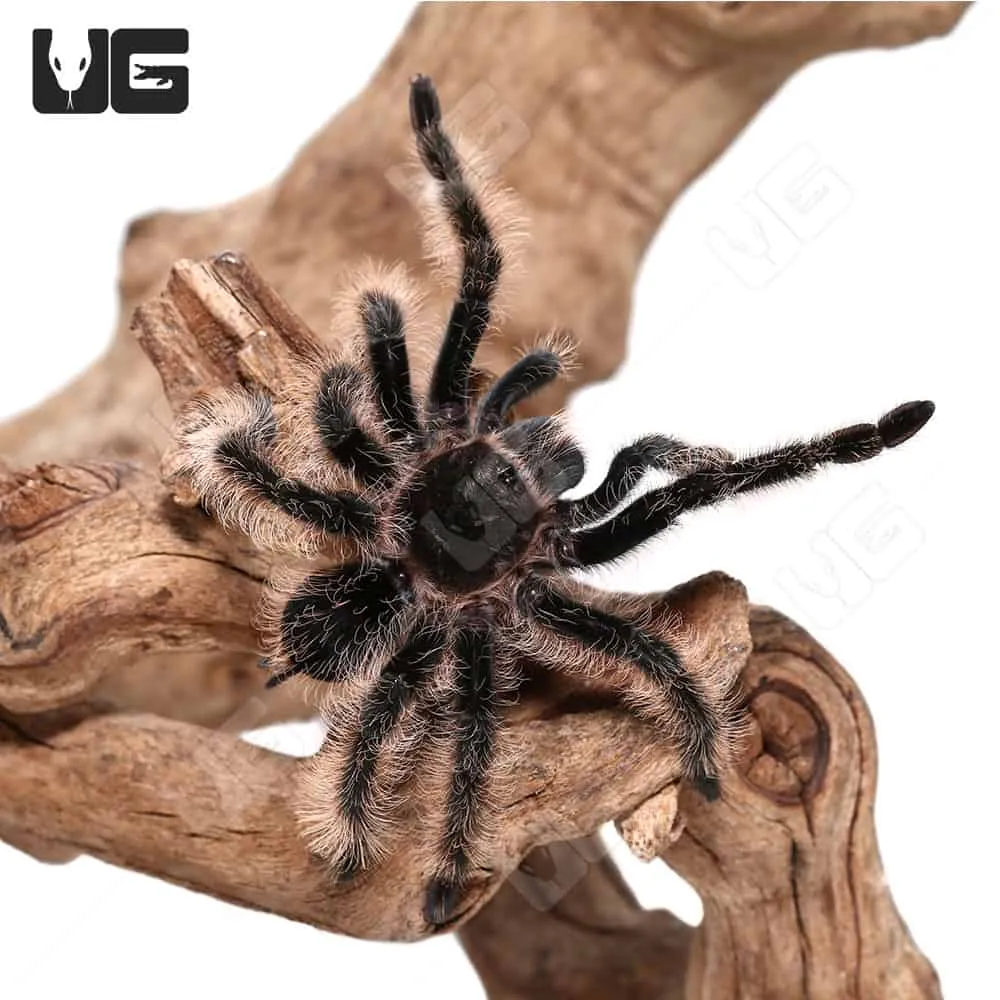
A suitable habitat is crucial for a healthy Curly Hair Tarantula. A 5-10 gallon terrarium is usually sufficient for an adult. The enclosure should include a substrate of 4-6 inches of a mixture of peat moss, vermiculite, and coco fiber to allow for burrowing. Provide a water dish with fresh water at all times. Include a hide, such as a cork bark, for the tarantula to feel secure. Maintain a temperature between 75-85°F (24-29°C) and a humidity level of 60-70%.
Feeding Your Tarantula
Curly Hair Tarantulas are insectivores, meaning they primarily eat insects. Feed them a diet of appropriately sized crickets, mealworms, or roaches. The size of the prey should be no larger than the tarantula’s body. Young tarantulas can be fed every 2-3 days, while adults can be fed once or twice a week. Remove any uneaten food within 24 hours to prevent mold or mites. Always ensure a source of fresh water is available.
Handling and Interaction
While Curly Hair Tarantulas are generally docile, handle them with caution. Always handle them close to the ground or a soft surface to minimize the risk of injury if they fall. Avoid sudden movements, and allow the tarantula to crawl onto your hand rather than grabbing it. Regular interaction, though not strictly necessary, can allow you to get to know your tarantula’s behavior and recognize signs of stress or illness. Always wash your hands before and after handling them.
Common Health Issues and Prevention
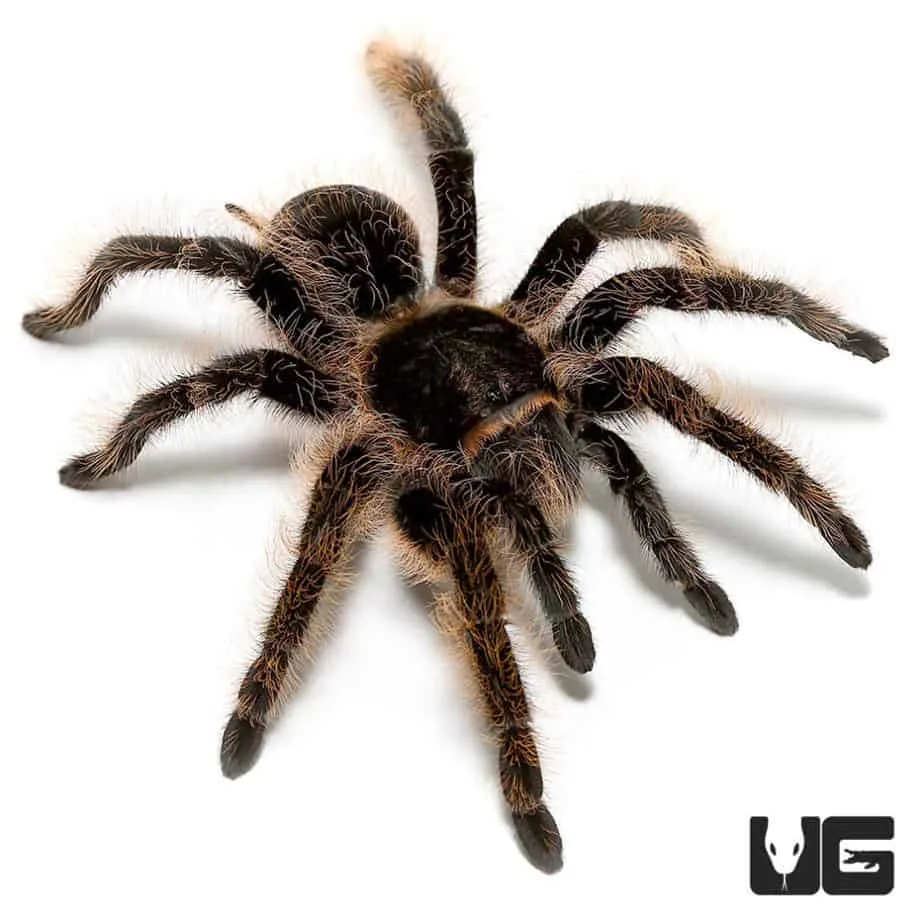
Curly Hair Tarantulas are relatively hardy, but like all animals, they can be susceptible to certain health issues. Dehydration is a common concern; ensure that fresh water is always available. Mites can sometimes infest a tarantula’s enclosure; regular cleaning can help prevent this. Always monitor your tarantula for signs of illness, such as lethargy, loss of appetite, or unusual behavior. Proper husbandry, including appropriate temperature and humidity, is key to preventing health problems. If you notice any abnormalities, consult an experienced tarantula keeper or veterinarian.
Conclusion
The Docile Curly Hair Tarantula is a fantastic pet for those new to tarantula keeping. Its manageable size, relatively docile temperament, and ease of care make it a rewarding experience. By understanding their needs and providing them with a suitable environment, you can enjoy the fascinating world of these beautiful arachnids. With careful attention to their needs and a respect for their unique characteristics, you can ensure your Curly Hair Tarantula thrives and brings you years of enjoyment. Enjoy the journey of tarantula ownership, and appreciate the fascinating world of these creatures.
